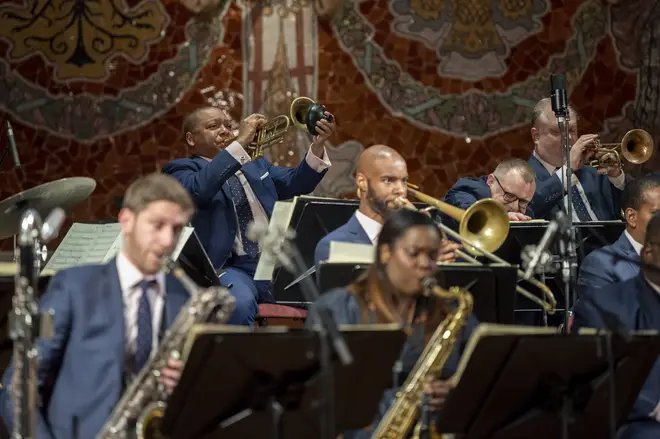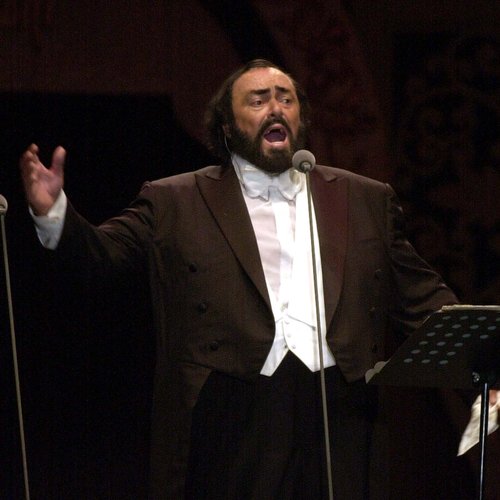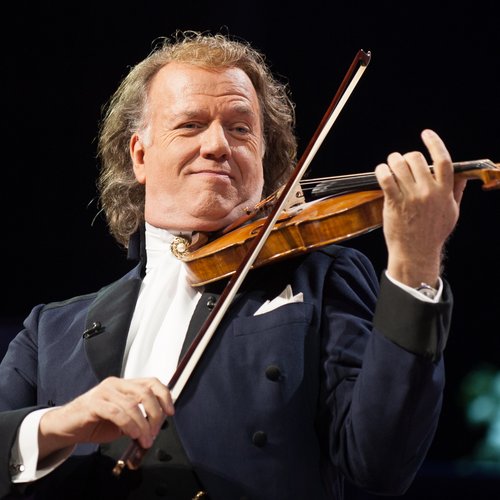“Jazz anticipated this moment” – Wynton Marsalis on Black Lives Matter and the power of music
9 September 2020, 17:23 | Updated: 21 January 2022, 16:49

Wynton Marsalis on Black Lives Matter
The Pulitzer Prize-winning composer and trumpeter on how music can highlight and heal the divisions in society and bring us closer together.
Jazz legend Wynton Marsalis has talked about the genre's unique power to raise up Black communities and bring people together, in an exclusive interview with Classic FM.
After months of heightened racial tensions in the United States following the death of George Floyd, the trumpeter says the jazz movement has always anticipated this moment and offers communities an opportunity for education, sophistication and an understanding of a shared cultural heritage.
Read more: 9 black composers who changed the course of classical music history >
Marsalis' new release, The Ever Fonky Lowdown, is a work of opera and musical theatre where the protagonist, a carnival hustler, plays a series of games to create divisions and suspicions in a group, and tells the tale of how to manipulate and hustle people.
“It reminds me of the New Orleans caste system: White, Creole, Black,” Marsalis says.
The work was premiered at Lincoln Center in 2018, but its themes of cultural division and a system that thrives on mistrust feel particularly resonant in 2020.

‘Why do we always have to be the fool?’
“Martin Luther King, at the 1964 Berlin Jazz Festival, said ‘artists many times anticipate what's going on’. And we've been anticipating. We've been saying: what about some sophistication? Why do we always have to be the fool?”
A game is being played in creating racialised divisions, Marsalis says. “Let's trot some people out and blame them for some stuff. They become a sacrifice and that alleviates anxiety in a community.”
He says in The Ever Fonky Lowdown, he wanted to explore exploitation and human suffering, and speak to the white communities who are the subject of this exploitation. “It's a blueprint for the basic voter to open their eyes, and for a person in society to ask ‘what is the game that's being played?’”
Over the years, Marsalis has crafted a musical career that has spanned genres, famously winning jazz and classical Grammy Awards in 1983, and combined elements across the musical spectrum. In 1997, Marsalis became the first jazz musician to win the Pulitzer Prize for Music with his oratorio Blood on the Fields.
Ever Fonky LowdownThe entire world is struggling with issues of governance, belief, wealth, and cultural integrity. This is not the time for sleepwalking.” That's what Wynton Marsalis says about “The Ever Fonky Lowdown,” his sweeping new album that is out today. Featuring the Jazz at Lincoln Center Orchestra and narration from acclaimed actor Wendell Pierce, it's a timely, moving, and deeply fonky jazz opera that's perfect for 2020. Listen now: jazz.org/fonky
Posted by Jazz at Lincoln Center on Friday, 21 August 2020
In the music of The Ever Fonky Lowdown, the 58-year-old virtuoso returns to his 1970s New Orleans musical roots with a funk-infused score with layers of swing, R&B, Afro-Latin and gospel.
“In this piece, we play the kind of music I played when I was growing up... it's influenced by the type of lines my father and a great drummer James Black would write and the songs they'd play in the 60s and early 70s,” he says.
Ellis Marsalis, Wynton's father and patriarch of the Marsalis family musical dynasty, died in April after being admitted to hospital with COVID-19 symptoms.

The music and beat of ‘The Ever Fonky Lowdown’, by Wynton Marsalis
The Ever Fonky Lowdown can be seen as part of a series of works over the decades that explore social history, race and cultural mythology. 1985's Black Codes (From the Underground), Blood on the Fields and 2007's From the Plantation to the Penitentiary.
In January of this year, violinist Nicola Benedetti won a Grammy for her recording of Marsalis' Violin Concerto and Fiddle Dance Suite.
‘The government needs to invest in arts’

Wynton Marsalis on the importance of the arts
As well as being a composer, Marsalis is the Managing and Artistic Director at Jazz at Lincoln Center. In an arts world crippled by closures, cancellations, and empty auditoriums, Marsalis said that government’s first priority is to keep people safe, calling for “intelligence and responsibility”, especially given the age of many concert audiences.
He also called for greater investment in the arts and education, citing Germany as a model for arts funding.
“Most governments are driven by business and they turn politics into a business. We have to put pressure on governments around the world to invest in civics: in education, in health, and in arts,” he says.
“That will allow us to come closer together, be more healthy and be more informed.”















